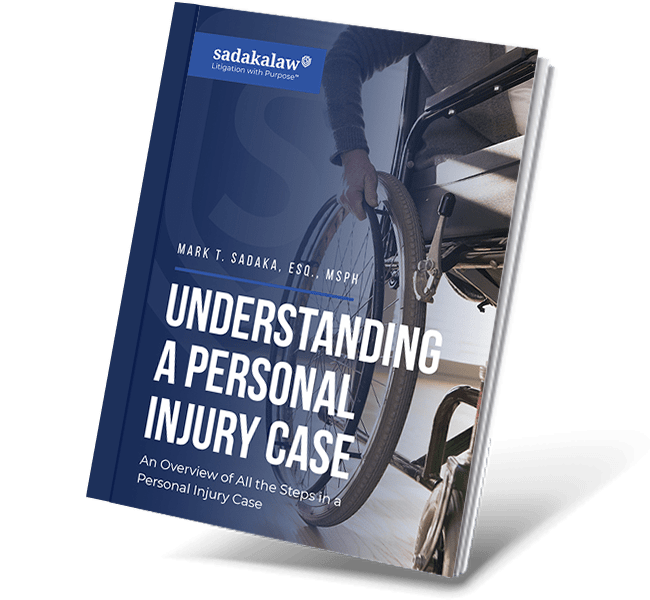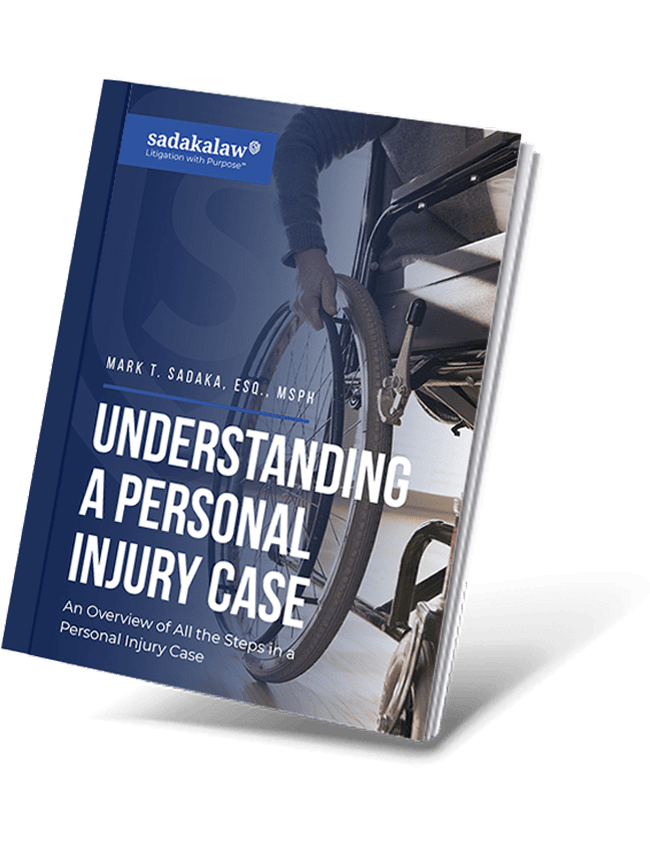In 2020, just under 11 million Americans visited emergency rooms to seek medical treatment for injuries sustained while using consumer products. This represented a record low in recent years. But since then, the number of consumer product-related injuries sustained annually has soared, with nearly 13 million Americans seeking medical treatment for them in 2023.
Because of this, product liability cases have spiked throughout the U.S. According to Lex Machina’s 2023 Product Liability Litigation Report, nearly 6,000 product liability cases are now filed yearly. And with about 30,000 new products hitting the market every year, the number of product liability lawsuits filed is expected to climb even higher in the near future.
Should you file a product liability case after using a defective consumer product that caused injuries? Keep reading to learn what these cases are and when you should consider filing one in New Jersey with the help of a product liability lawyer from Sadaka Law.
Introduction to Product Liability
Product liability is a concept that has been around for well over a century. Long before product liability laws were officially introduced, it was discussed at length during the foundational court case MacPherson v. Buick Motor Co. in New York in 1916.
Product liability came up again during another landmark court case, Henningsen v. Bloomfield Motors, Inc., in New Jersey in 1960. A third court case, Greenman v. Yuba Power Products, Inc., in California in 1963, finally led to the passing of strict liability laws related to defective products.
Still, not everyone in the U.S. knows what product liability is, despite the concept playing a big part in the personal injury industry over the last 60 years. Let’s begin by defining product liability to provide a better understanding of it.
What Is Product Liability?
Product liability refers to the legal responsibility that companies have for any injuries their products might cause when they’re determined to be defective. These companies can include manufacturers, retailers, and distributors of defective products.
If you sustain injuries while using a defective product, you have the right to file a product liability lawsuit against any companies that participated in its manufacturing chain. In some cases, this might be the company that created the product, while in others, it might be the retail store that agreed to sell the product to consumers.
What Constitutes a Defective Product?
“Defective” is a vague term to use when describing a product. Many different issues can lead to a defective product being labeled as such in a legal setting. Generally speaking, each of these issues makes a product dangerous for consumers to use and therefore “defective.”
Here are several defects that consumers might encounter when using defective products:
- Design defects: These inherent flaws in the designs of products can put consumers at risk of sustaining injuries while using them.
- Manufacturing defects: These harmful errors occur while products are put together and can increase the chances of consumers suffering injuries.
- Marketing defects: These inadequate warnings placed on products can lead to consumers using them incorrectly and injuring themselves.
A breach of warranty also falls into the product liability category. If companies manufacture goods that fail to live up to the standards they’ve laid out in their warranties, consumers maintain the right to file product liability cases.
Legal Framework for Product Liability in New Jersey

Each state has its own product liability laws, and New Jersey is no different. The Garden State introduced the Product Liability Act (N.J.S.A. §2A:58C-1 thru 7) in 1987. It provides clear guidelines for New Jerseyans interested in filing product liability cases, and it applies to all consumer products sold in the state outside of select medical devices.
New Jersey Product Liability Act
New Jersey’s Product Liability Act isn’t too much different from the product liability laws introduced in other states. This act contends that a company making or selling a product that is “not reasonably fit, suitable, or safe for its intended purpose” can be held liable if a consumer claims it injured them.
However, the act also states consumers filing product liability cases must prepare to prove “by a preponderance of the evidence” that products injured them because they were:
- Manufactured with design defects
- Created while deviating from the design specifications
- Sold without the proper warnings and/or instructions
This is when a personal injury law firm like Sadaka Law can step in and help. We can discuss New Jersey’s Product Liability Act with you further to determine the viability of a product liability case.
Statute of Limitations for Product Liability Claims in New Jersey
The statute of limitations for product liability claims in New Jersey is two years. You’ll have two years from the day you sustain an injury while using a defective product to file a lawsuit against a defendant.
A few exceptions exist to the statute of limitations for New Jersey product liability claims. You may receive additional time to file a case if:
- You sustain an injury while using a defective product while you’re still a minor
- You don’t discover an injury caused by a defective product immediately
- You’re the victim of fraud perpetrated by a defendant attempting to conceal wrongdoings
The reliable personal injury lawyers from Sadaka Law can help consumers file product liability cases before the statute of limitations in New Jersey ends. Our firm can also determine whether you might qualify for any exceptions.
Determining Liability in Product Liability Cases
Determining liability in product liability cases is different than determining liability in other types of personal injury cases.
For instance, when plaintiffs file car accident cases, their goal is typically to prove that other drivers demonstrated negligence that led to their crashes and injuries. However, when they file product liability cases, they aim to prove that products were defective after the defendants manufactured them. They must also prove that these products caused them to sustain injuries and accumulate medical bills, lost wages, etc.
New Jersey’s Product Liability Law, in particular, requires plaintiffs to focus more on the defective products that caused them to sustain injuries than on any negligence on the part of defendants.
Who Is Liable If You Are Injured by a Defective Product?
While product liability cases in New Jersey put an emphasis on proving the unsafe nature of defective products sold by companies, one or more defendants can ultimately be found liable for the injuries they caused. A product liability attorney from Sadaka Law can help you decide which defendants you would like to name in a lawsuit.
The following are some of the parties that may be found liable when you’re injured by a defective product:
- Designers
- Manufacturers
- Retailers
- Distributors
- Wholesalers
- Installers
Depending on the defective product, you can file product liability cases against one of these parties or multiple parties. Many companies that design, manufacture, and/or sell products carry product liability insurance, so you may also need to name a defendant’s insurance company in your lawsuit.
What To Do If You’re Injured by a Defective Product
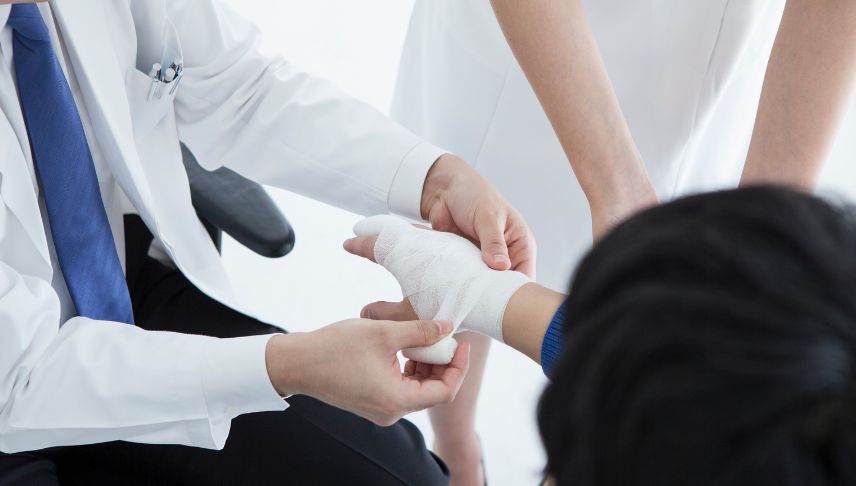
If you’re ever injured by a defective product, you shouldn’t wait long to contact a New Jersey personal injury attorney with experience working on product liability cases. The state has the third-highest personal injury rate in the country, so tracking down a product liability lawyer shouldn’t present any challenges.
But before doing this, prepare to take several other steps in the aftermath of an injury caused by a defective product. Check them out below.
What Should You Do If You’re Injured?
If you’re injured by a defective product, the first thing you should do is seek medical attention. If your injury is severe enough, it could warrant a 911 call so that paramedics can respond to the scene of your accident to treat you. Otherwise, head to a local hospital for a medical evaluation and ask the medical professionals who treat you for injury documentation.
From there, you should:
- Use your smartphone to take photographs and videos of the accident scene.
- Preserve any evidence related to the defective product that caused your injury.
- Write down notes about when, where, and how a defective product injured you.
- Report your injury to the company that manufactures the product that hurt you.
- Consider filing a product liability lawsuit to recover damages.
If you decide to take legal action, Sadaka Law can help. Our personal injury lawyers have extensive experience handling product liability cases.
Do You Need an Attorney for a Product Liability Claim?
You will likely need an attorney to file a product liability claim. Product liability cases are often more complicated than other types of personal injury cases.
A product liability lawyer from Sadaka Law can assist you by:
- Deciding which defendant (or defendants) to file a product liability case against
- Gathering the necessary evidence for your case
- Highlighting a definitive link between your injuries and a defective product
- Calling the right witnesses to testify during your case
A product liability attorney from Sadaka Law can also try to negotiate a fair settlement with the defendant in your case to help you avoid taking your lawsuit to trial.
Recent New Jersey Product Liability Cases
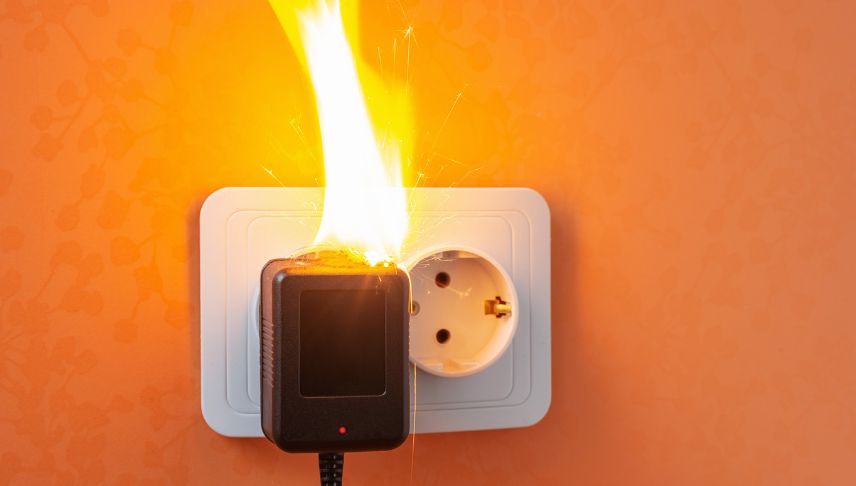
The 1960 landmark court case Henningsen v. Bloomfield Motors, Inc. was the first to deal with New Jersey product liability. Since then, countless other product liability cases have taken place in NJ. Here are five recent examples.
Arthur G. Whelan v. Armstrong International, Inc.
Plaintiff Arthur Whelan filed a lawsuit against seven defendants and claimed they sold him products containing asbestos without providing a proper warning and caused him to develop mesothelioma. After multiple appeals, the New Jersey Supreme Court ruled in his favor.
Sun Chemical Corporation v. Fike Corporation
Plaintiff Sun Chemical Corporation filed a lawsuit against Fike Corporation, claiming the company misrepresented the capabilities of its explosion isolation and suppression system and caused seven employees to sustain injuries. The lawsuit led to many appeals, and the outcome has yet to be determined.
New Jersey Manufacturers Insurance Group a/s/o Angela Sigismondi v. Amazon.com, Inc.
Plaintiff New Jersey Manufacturers Insurance Group, on behalf of insured homeowner Angela Sigismondi, filed a lawsuit against Amazon and claimed the company should be liable for allowing a seller from China to sell a defective hoverboard that caused a fire. The District of New Jersey eventually agreed with the plaintiffs.
Andrew McCarrell v. Hoffman-La Roche, Inc.
Plaintiff Andrew McCarrell filed a lawsuit against Hoffmann-La Roche, Inc., accusing the pharmaceutical company of not providing adequate warnings about the side effects associated with its acne treatment product, Accutane. A jury awarded him over $25 million.
Michael Bond v. Johnson & Johnson and Ethicon, Inc.
Plaintiff Michael Bond filed a lawsuit against Johnson & Johnson and Ethicon, Inc., claiming he had a defective hernia mesh device manufactured by the companies implanted that caused health complications. His case was dismissed after multiple judges determined the statute of limitations for his claim had passed.
Common Questions About Product Liability Cases
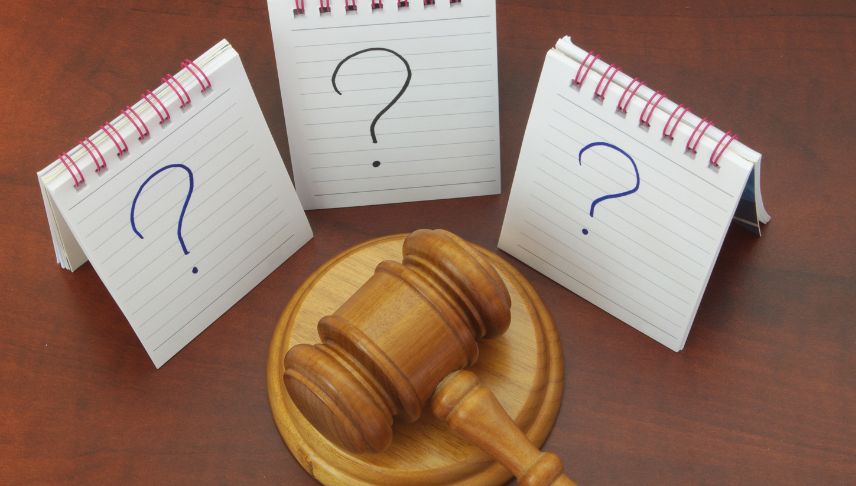
Do you still have unanswered questions about product liability claims? Search for the answers by reading frequently asked questions about these product liability cases.
What Is the Product Liability Law in New Jersey?
The product liability law in New Jersey states that product manufacturers, distributors, retailers, and others can all be found liable for selling defective products to consumers. Plaintiffs in product liability cases can prove liability on the part of these parties by showcasing how a product was “not reasonably fit, suitable, or safe for its intended purpose.”
What Are Three Grounds on Which a Product Liability Case Can Be Built?
The three grounds on which a product liability case can be built are design defects, manufacturing defects, and inadequate warnings.
How Common Are Product Liability Cases?
Product liability cases aren’t quite as common as some other types of personal injury cases, but about 6,000 are filed annually throughout the U.S.
Is It Difficult To Prove Negligence in Product Liability Cases?
Yes, it is often difficult to prove negligence in product liability cases since it requires an in-depth knowledge of how products are designed and manufactured. Plaintiffs in these cases must also prove well-defined connections between their injuries and defective products. Hiring a product liability lawyer from Sadaka Law can simplify the process of proving negligence in these cases.
Contact Sadaka Law for Assistance With Product Liability Cases
Were you injured by a defective product that left you with a mountain of medical bills or forced you to miss work and lose income? Sadaka Law can help personal injury plaintiffs in New Jersey file product liability cases. Call us at 800-810-3457 today to schedule a case evaluation.

